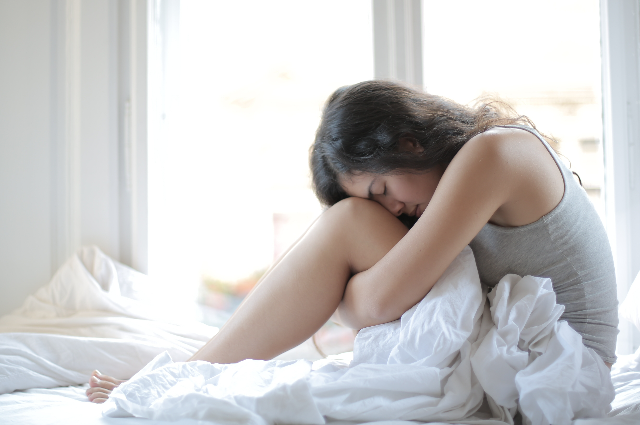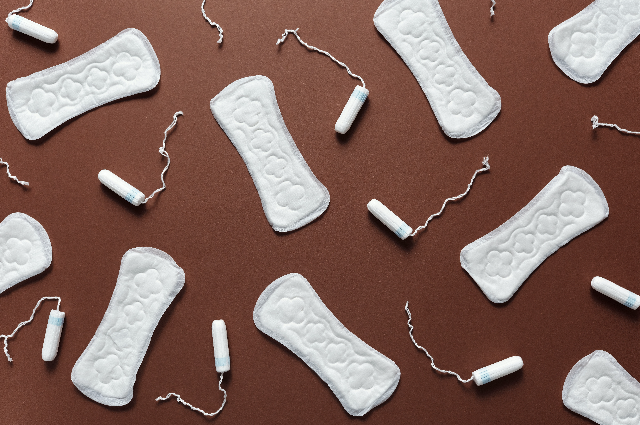
Period pain increase in winter. There's scientific evidence that periods can be more intense and uncomfortable during the winter months due to the impact of seasonal changes on the body.
Reasons
Dehydration:
Due to a lack of drinking water dehydration increases pain. Period pain is more common during the winter season because people prefer to stay indoors for lengthy periods. This limits their exposure to sunlight and affects vitamin D levels. And lack of sunshine may affect the thyroid gland, which may lead to hormonal imbalance, leading to intense menstrual cramps.
Arteries Contract:
When the weather is cold outside, your arteries contract, restricting blood flow and forcing your heart to work much harder to circulate blood around the body. As a result, vasoconstriction occurs and this reduces the volume of space inside the afflicted blood vessels. Blood flow is reduced when blood vessel volume is diminished. Physical activities decrease in winter. This can make premenstrual symptoms worse and lead to irregular menstrual cycles.
Reduced Blood Flow:
blood flow resistance or force is increased, and blood pressure rises as a result of this. The seasonal affective disorder also occurs, which leads to mood swings and depression. Sitting on sunlight for a long time because vaginal area sweat suddenly with woolen clothes

Source: Cliff Booth from Pexels
Treatment
- Drink at least 8 glasses of water in a day. Most important, drink enough water every day to keep yourself hydrated!
- Walk at least half km in a day in the park or at your home terrace
- Take required Medications
- Gentle massage oil on the tummy
- Sip on chamomile tea
- Drink ginger turmeric tea
- Indulge in aromatherapy (a drop of lavender oil in 2 teaspoons of carrier oil)
- Try hot milk with turmeric
- Practice YOGA
- Use a hot water bag
- Use a heating pad or hot water bottle
- Take a warm shower.
